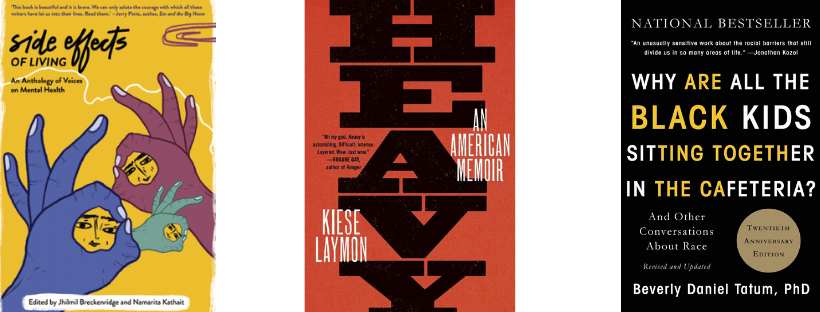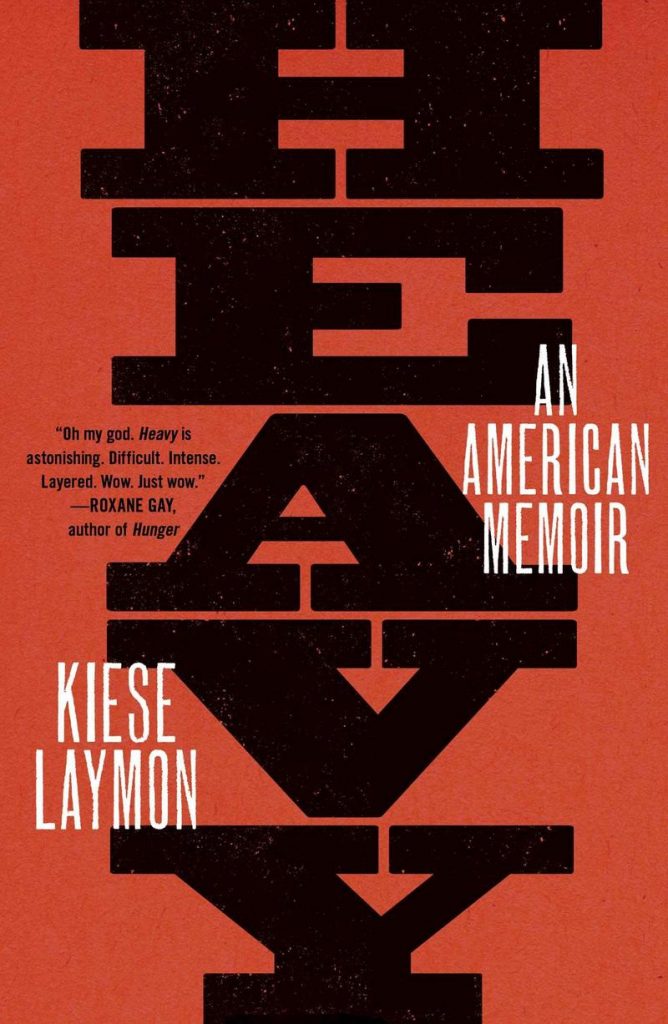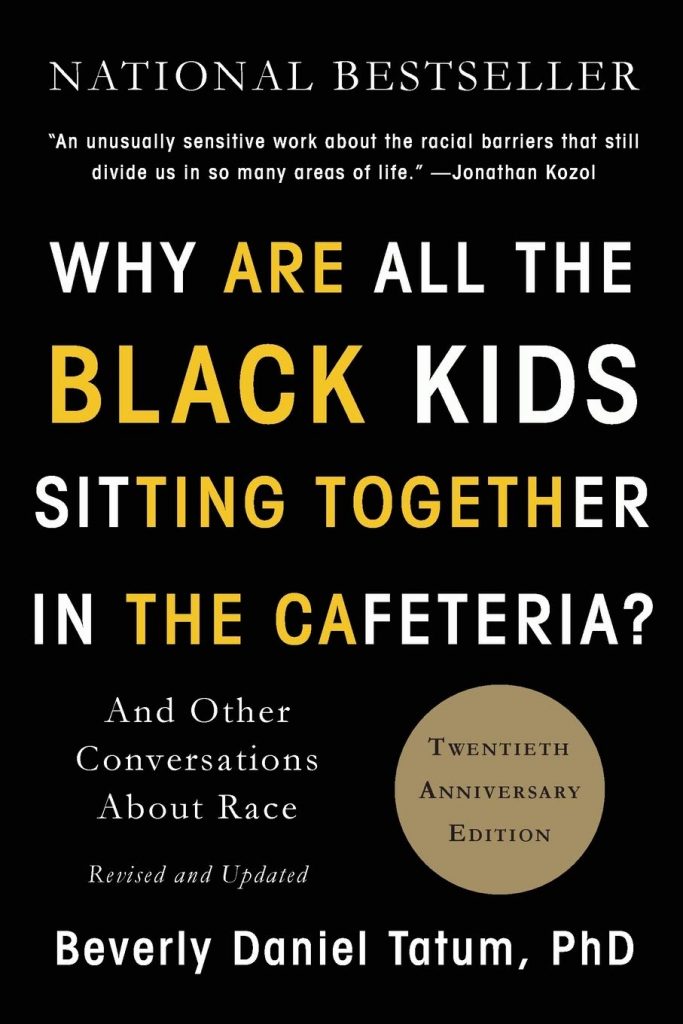
By Sanjana Chettri:
Research has shown that that one in seven people are affected by some form of mental health challenges in India. Numerous studies and their findings have also observed that people who belong to identities that are often discriminated against on the basis of gender, caste, religion, race, ethnicity, sexuality and disability are at higher risks of facing psychological distress, trauma and mental health challenges – further exacerbated by disparities in mental health care
Mental health challenges are deeply political and should be understood within their social contexts. Prejudice and bias against certain identities lead to discrimination with its accompanying negative consequences, ranging from simple neglect to more violent forms of harassment, exploitation or exclusion. Such acts of covert and overt forms of identity-based discrimination are likely to affect one’s mental health more than the others.
Scholars, academics and writers are taking a profound interest in understanding this intersection between identity and mental health. This has resulted in a volume of journal articles, research papers and books being written on prominent themes of identities and their impact on mental health. However, this seminal interest is largely restricted to academic writing in the west – the reason why the list below overwhelmingly consists of scholarly books. The limitation of this list may pronounce larger interest in reproducing the said theme in other genres of literature.
Here is a list of 7 must-read books about the intersection of identities and mental health:
- Heavy: An American Memoir
Keise Laymon’s power memoir, Heavy is about his journey of grappling with intimate black realities. Laymon’s complex relationship with his mother, grandmother, anorexia, obesity, writing, and ultimately gambling brings him immense trauma and abuse. As he navigates the struggle of becoming fully realised, the book is packed with reminders of constantly failing a black man, his memory and dreams. This book is an absolute must-read for anyone trying to understand the intersection of race and mental health.

- Deconstructing Mental Illness an Ethnography of Psychiatry, Women and the Family
Renu Addlakha’s Deconstructing Mental Illness an Ethnography of Psychiatry, Women and the Family makes an important contribution to the field of mental health for women. This book addresses mental health beyond the medical gaze and draws its analysis from feminist, post-modern, cultural, sociological and medical anthropological literature. The ethnographic study is based on the interface between mental health professionals, patients and their families in a local psychiatric hospital in New Delhi.
- Why Are All the Black Kids Sitting Together in the Cafeteria?
Self-segregation is not a personal problem but is rooted in ideas of oppression and power. Beverly Daniel Tatum in his book explores the study of a racially mixed high school and examines the Black, White, and Latino youth clustered in their own groups. The author examines the question of self-segregation and what it means in enabling the conversation about racism and racial divide. This bestselling book is a must-read reading for anyone seeking to understand the dynamics of race in America.

- Growing Up Gay in Urban India
This book by Ketki Ranade explores the journey of gay and lesbian individuals in a heterosexually constructed society. It examines their participation in institutional and cultural spaces and their role in shaping the barriers they face in self-expression. It is based on an exploratory, qualitative study with young gay and lesbian persons in two cities of Maharashtra, India and employs a life course perspective. Ketki employs her expertise in mental health to analyse the study through a psychosocial perspective.
- Mental Health of Refugees and Asylum Seekers
This book is an important resource particularly for mental health professionals who are interested in understanding the trauma and distress subjected to refugees and asylum seekers. Mental health challenges faced by refugees are often the impact of displacement, migration, collective trauma and the struggles of survival in detention centres. This book offers a comprehensive insight into cultural factors, therapeutic interaction, therapeutic expectations of refugees and asylum seekers.
- Side Effects of Living: An Anthology of Voices on Mental Health
This book is one of the most unique collections of individual poems and stories that tell the tales of mental health survivors. It is a contribution of artists, poets, activists and those who watch their loved ones live the challenges of mental health. Authored by Jhilmil Breckenridge and Namarita Kathait, the stories narrate gripping accounts of struggle with anxiety, depression and other mental health challenges with an aim to destigmatize mental health for all.
- The Psychological and Social Impact of Illness and Disability
This classic bestseller written by Irmo Marini and Mark A Stebnicki is one of the most comprehensive reads on understanding disability through a psychosocial lens. It emphasises the barriers subjected to people with disability which furthers a process of social exclusion. Social exclusion along with disparities in health care, cultural misrepresentations and institutional discrimination are large systemic problems that affect people with disability – a well-realised concept in the book through its thorough examination of seminal thinking and treatment approaches. It is an important tool for anyone interested in psychology, disability rights and mental health.
Recent Posts
- No Child’s Play: A Case for Diversity in Children’s Literature
- 7 Must-read books on the intersection of identity and mental health
- 5 Books that Address Social Justice and Prejudice in Museum Spaces
- 7 Interesting Books That Reflected Diversity in 2019
- 3 Female Characters In Classic Literature Who Taught Me About Feminism Early On
Recent Comments